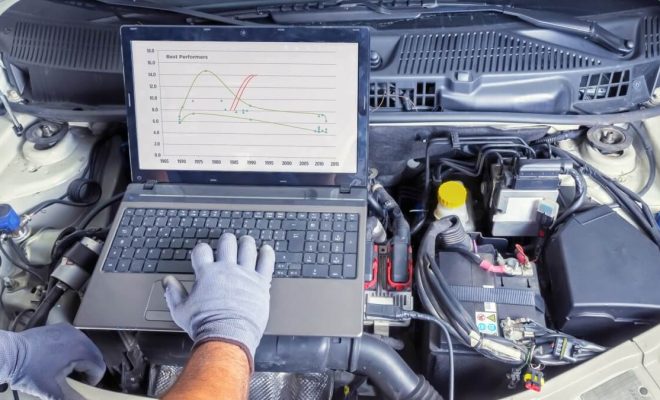What Is an ECU Tune and How Does It Work?

If you’re a car enthusiast or own a vehicle, you may have heard of the term “ECU tune” before. An ECU tune, also known as a remap, is a type of modification that can significantly improve the performance of your vehicle’s engine. But what exactly is an ECU tune, and how does it work?
ECU stands for “engine control unit,” which is essentially the brain of your vehicle’s engine. It’s responsible for monitoring and controlling various systems, such as fuel injection, ignition timing, and turbo boost pressure. The factory settings programmed into the ECU are typically designed to provide a good balance between performance, fuel efficiency, and emissions, but they can also be restrictive and limiting.
An ECU tune involves reprogramming the ECU’s settings to increase performance. This can be done by adjusting parameters such as fuel delivery, ignition timing, and turbo boost pressure to increase horsepower and torque output. The goal is to optimize the engine’s performance, often at the cost of sacrificing fuel efficiency and emissions.
An ECU tune can be done either through a physical modification to the ECU itself or through a software update using specialized equipment. Some modern vehicles have what’s called an “open ECU,” which can be easily programmed with aftermarket software. However, most vehicles require an additional device, commonly referred to as a “tuner,” to modify the ECU.
The process of tuning an ECU involves several steps. The first step is to read the current settings and parameters from the ECU. This information is then used to adjust the parameters to achieve the desired performance gains. Once the new settings have been established, they are written back to the ECU, replacing the factory settings.
A critical aspect of tuning an ECU is ensuring that the modified settings are safe for the engine. This is where the knowledge and experience of the tuner come into play. Tuning an ECU is not a one-size-fits-all process, as each engine is unique and will respond differently to modifications. An experienced tuner will carefully monitor the engine’s performance during the tuning process to ensure that the modifications are safe and effective.
An ECU tune can have several benefits, including increased horsepower and torque, faster acceleration, more responsive throttle, and an overall improvement in performance. However, there are also some downsides to consider, such as reduced fuel efficiency and potential engine damage if the modifications are not done correctly.






